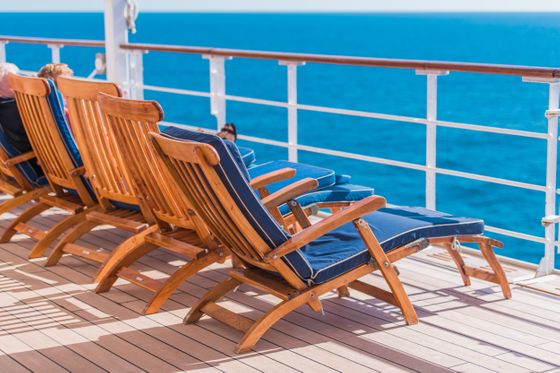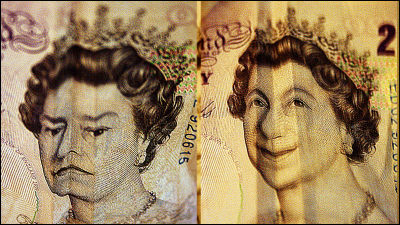You can shop smarter if the room temperature is high, but it will be scattered when it is hot at the auction

By
There are many who seek shopping for the lowest possible price, but 'how much effort is spent on shopping' depends on the mood. With regard to the shopper's shopping mood, Jayaty Singha, who teaches marketing at Florida International University, has clarified that “the purchasing intention is related to environmental temperature”.
Role of Ambient Temperature in Influencing Willingness to Pay in Auctions and Negotiations-Jayati Sinha, Rajesh Bagchi, 2019
https://journals.sagepub.com/doi/10.1177/0022242919841595
Feeling hot? It can make you a more competitive buyer, study revals
https://phys.org/news/2019-07-hot-competitive-buyer-reveals.html
In this research, it was investigated what kind of influence temperature has on decision-making from individual buying behavior, “ The role of ambient temperature in buying intention at the time of auction or negotiation ( Role of Ambient It was titled ' Pay in Auctions and Negotiations )' and was published in the journal ' Journal of Marketing ' published by the American Marketing Association. The research team said that the subject was willing to pay 'I would like to buy this price' for the 'Strip of a 5-day cruise on a South Caribbean cruise ship' with a price of $ 1,000 (approximately 110,000 yen) online. We investigated the relationship of room temperature at that time.

By
The first experiment was to ask 35 subjects to show how much money they could get out on the '5 day trip to the South Caribbean cruise ship', and there were 2 kinds, room temperature 19 ° C and room temperature 25 ° C. The experiment was conducted under the circumstances of This experiment simulates an 'auction', and the process of the subject presenting his own money is in the same form as auction bidding. The average of the amount of money presented by the subjects in the auction experiment is about 12 thousand yen, about $ 1214.33 (about 132,000 yen) in the room at 25 ° C, $ 1067.14 (about 116,000 yen) in the room at 19 ° C. There is a difference. At the auction, there was a tendency for higher room temperatures to be wasted.
The second experiment is to ask the subject to show the amount 'Buy below this amount', which simulates a 'business talk' in which the seller and the writer actually conclude the contract. The average amount of money presented by the subjects in the negotiation experiment was $ 868.85 (about 94,000 yen) in the room at 25 ° C, and $ 911.96 (about 99,000 yen) in the room at 19 degrees. Contrary to auctions, there is a tendency for higher room temperatures to avoid waste during business negotiations.

By stevanovicigor
In the paper, the results of the experiment are high because “humans feel uncomfortable when the body warms up, and aggression is triggered when they become unpleasant. The subject is considered to have presented a low amount of money, as the amount of money is presented, and the aggression tends to 'purchase on better terms' in the negotiation or in person.
According to Sinha, who is the author of the thesis, the results of this research can be used in various ways, such as conducting auctions in warm rooms and daring to have business meetings in cool rooms. Shin-ha says that not only temperature but also crowding and noise can affect the purchase intention as a new research topic.
Related Posts:
in Note, Posted by darkhorse_log







